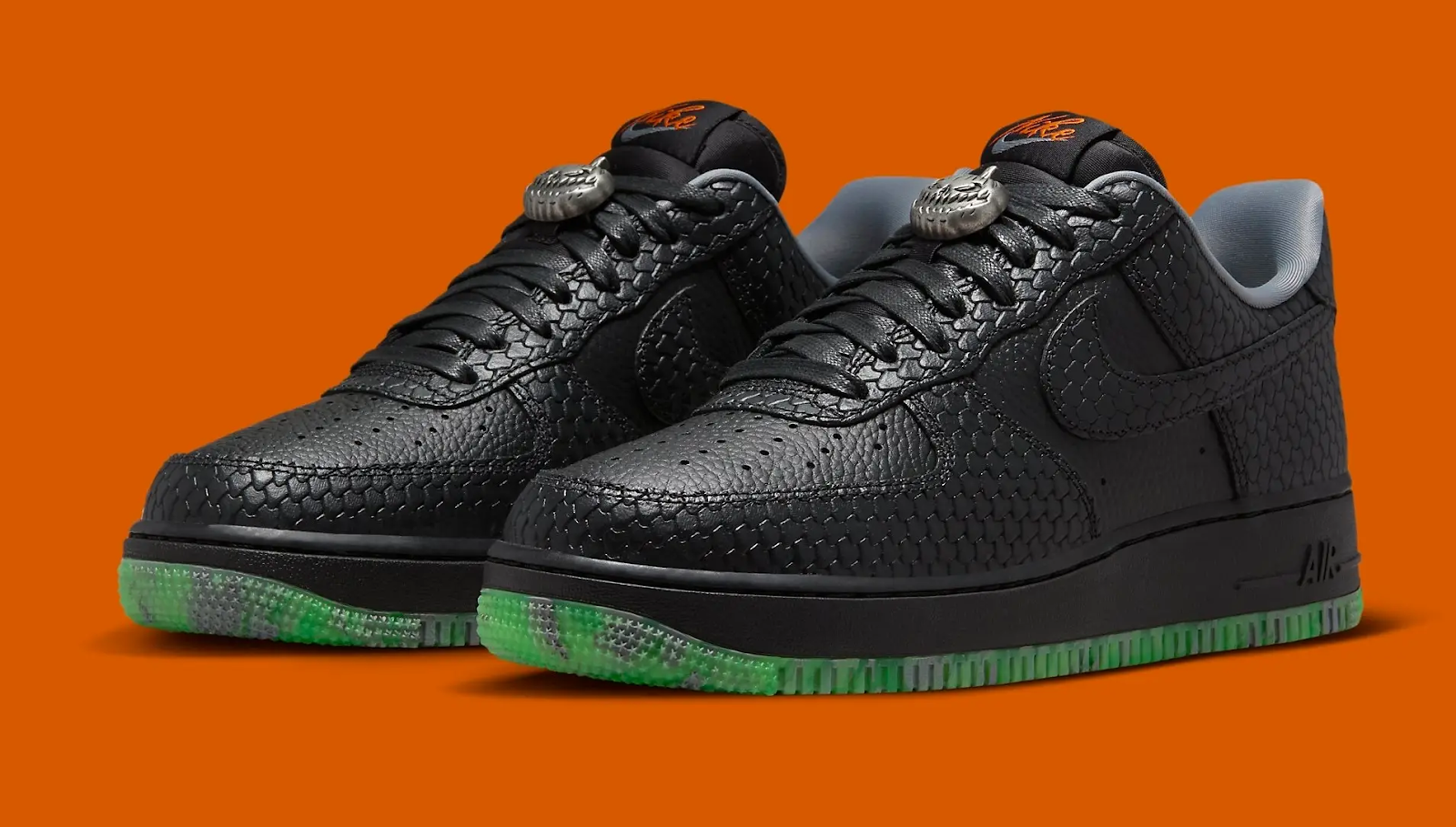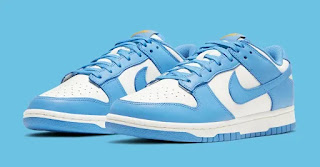4 Benefits That Come From Focusing On What You Love In Music
The non-musical world often thinks that making and performing music is always fun, easy, and instantly gratifying. But serious musicians know that this is only one part of their story. Loading your equipment out of a venue you just played after a show that no one attended isn’t fulfilling. Pitching your new album to a long list of email contacts and never hearing back isn’t fun. And yet both these examples are things independent musicians have to do to find audiences for their music. You can think of it as “paying your dues,” but the kicker is that some artists never manage to move past the stage of trying to get the world to notice their music, even if their songs are great. That’s a hard truth about pursuing music.
One of the only sure things you’ll have in music is your ability to enjoy what you do as a musician, whether it’s getting on stage or writing music. But as important as this connection is in music, we often neglect it by acting in certain ways that we think we need to to find success. Here are four huge benefits you’ll find by focusing on what you love most in music:
The ability to create naturally
If you’ve been working on new music for months and nothing seems to be clicking, it could be because your passion just isn’t where it should be. It sounds obvious, but writing in ways that match your unique preferences and interests builds a natural creative practice. But making music in ways that aren’t true to ourselves does just the opposite. The classic example is imitating popular music to chase success. When you drop expectations and try to make music that’s exciting and unique to you, you’ll be able to work freely and naturally.
Authenticity
Creating and performing authentically in music comes from a place of being able to connect with joy and purpose. But when we’re too focused on creating work we think the world wants us to make or writing out of another artist’s creative playbook, we risk compromising and losing it. When you perform and create with the things you uniquely love about music at the center of your actions, you’re working authentically and with purpose. The hard part is that it’s easy to simply copy and paste another artist’s work into your own process without realizing it, especially if you’re just starting out in music. It’s not always easy to keep focusing on what uniquely drives you in music, but doing so is the only way to preserve your authenticity.
Resilience
For musical artists dedicated to creating and performing music seriously, resilience is a crucial lifeline for creative survival. It allows you to bounce back from the countless disappointments the music industry can throw at you, from bad reviews to financial hardship to band breakups. I’d argue that the only way to bring resilience into your life as a musician is to ensure you’re doing exactly what you love in music. If music creation is an important part of your identity, you’ll be able to withstand disappointment better if you’re actively writing. The same goes for those who live to perform, record, or produce. Hardship is inevitable in music, but living a creative life built around your passions isn’t. It’s a choice you’ll have to make.
Creative inspiration
How musicians find and use inspiration completely depends on the individual. But it’s safe to say that neglecting your musical passions will make it far harder to come by. Life has a way of crowding out what we love about making music even when it appears like we’re working the way we want to on the surface. Situations like one creative voice getting lost in the shuffle of a band or an artist prioritizing promotion over music creation can lead to the loss of musical inspiration.
If your musical life isn’t where it should be, it’s time to make some changes. What we love can’t be at the center of our musical lives unless we design it to be. For some musicians, it’s as simple as remembering to focus on doing what inspires them the most from week to week. For others, the path is harder and often requires having tough conversations with bandmates or doing some soul-searching. But regardless of your unique situation, you’ll thrive in music much more if you focus on doing what you love than if you don’t.




Comments
Post a Comment